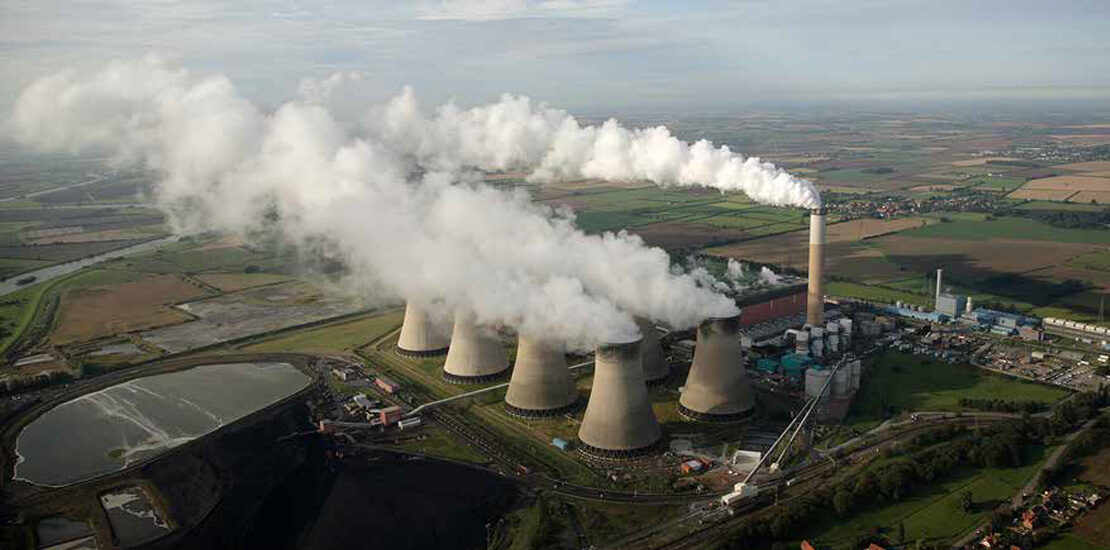In 2019/20 NEA sought to influence plans to develop a pathway to Net Zero Carbon that has energy efficiency for domestic fuel poor households at their core. We secured a government commitment to introduce Home Upgrade Grants to provide energy efficiency and low carbon heating to vulnerable and fuel poor households -commitment in manifesto, and: made sure BEIS, Treasury and energy industry plans to ensure no one is left behind on the pathways towards decarbonisation of domestic heat and a Net Zero Carbon future.
NEA tracked progress within England, Wales and Northern Ireland against the national fuel poverty strategies and published findings in the Fuel Poverty Monitor. NEA, NEA Cymru and NEA Northern Ireland secured commitments across all nations to revisit their respective fuel poverty strategies.
We continued to work with partners to raise awareness of the costs of fuel poverty, the benefits of an ambitious energy efficiency programme and the need to focus government and industry support on those in or at risk of fuel poverty. NEA’s winter-long Warm and Safe Homes campaign brought national and local organisations together to highlight the need for action to improve the lives of people who suffer in fuel poverty.
Projects and advice services featured heavily on our work programme and this year we reported on the outcomes from our 3 year-long Technical Innovation Fund projects where we worked with manufacturers, distribution companies, energy suppliers, housing associations, local authorities and many others, to understand how the fast-moving work of technological innovation can deliver benefits to fuel poor and vulnerable households. In 2019/20 we worked on a number of projects on battery storage, electrical heating, medical dependency and community alternatives to network reinforcement.
NEA continued its partnership with Smart Energy GB to ensure that households which are less likely to be aware of smart meters understand what smart meters are and their potential benefits. NEA worked with a number of groups bringing smart meter-based activities and support to thousands of people over the age of 65.
NEA’s extensive range of qualifications, training courses, supported e-learning and educational resources to cover key issues associated with fuel poverty, fuel debt, affordable warmth and delivering practical energy advice grew even further. Through our broad offering of training and wealth of experience we help to enhance the quality of energy advice in the sector and beyond, ensuring that those who need it most can benefit from accurate help and assistance.


